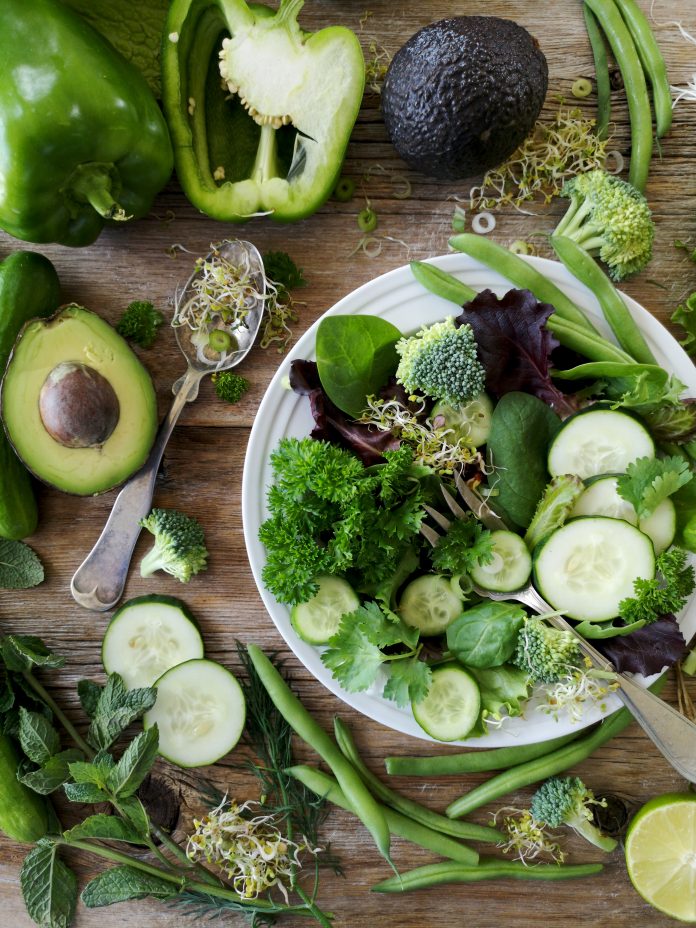An introduction to dietary fiber and its importance for gut health
If you want to improve your gut health, one of the best things you can do is increase your fiber intake. Fiber is an important part of a healthy diet that helps keep the digestive system functioning properly and prevents a variety of health problems.
First, let’s define what fiber is. Dietary fiber refers to the parts of plants that our bodies cannot digest. He has two types of fibers.
soluble and insoluble. Soluble fiber dissolves in water and forms a gel-like substance in the intestine, slowing down the digestive process. Insoluble fiber does not dissolve in water and adds bulk to the stool, allowing it to move more quickly through the digestive tract.
Both types of fiber are important for maintaining a healthy gut. Soluble fiber lowers cholesterol and helps regulate blood sugar levels, while insoluble fiber prevents constipation and reduces the risk of colon cancer.
Tips for getting more fiber in your diet
Now that you understand the importance of fiber for gut health, you may be wondering how to incorporate more fiber into your diet. Here are some tips to help you get started.
Choose Whole Grains:
Opt for whole grains such as brown rice, quinoa, and whole-grain bread instead of refined grains such as white bread and pasta. These foods are high in fiber and help you feel fuller for longer.
Eat more fruits and vegetables:
Fruits and vegetables are good sources of fiber. Make sure you’re getting a variety of nutrients by eating different types and colors.
Add legumes to your diet:
Legumes such as beans, lentils, and chickpeas are rich in soluble and insoluble fiber. It is also a good source of protein and can be used in a variety of dishes.
Nut and Seed Snacks:
Nuts and seeds are other good sources of fiber. Snack on almonds, walnuts, or pumpkin seeds, or add chia or flax seeds to your morning smoothie.
Using Fiber Supplements:
If you’re having trouble getting enough fiber through your diet alone, consider taking a fiber supplement. These supplements come in many forms, including powders and capsules. Here are ways to incorporate fiber into your daily diet:
In addition to the tips above, there are many creative ways to incorporate more fiber into your daily diet. Here are some ideas:
Replace your morning cereal with oatmeal.
Oatmeal is a good source of fiber and is also low in sugar. Top it off with some fruit and nuts for a satisfying breakfast.
Use whole grains when baking:
Instead of using all-purpose flour for baking, try whole wheat flour instead. You can also add ground flaxseed to your baked goods for even more fiber. Create your trail mix:
Mix in nuts, seeds, and dried fruit for a healthy, high-fiber snack.
Use vegetables as the basis of your diet:
Instead of using pasta or rice as the base of your meal, try vegetables like zucchini noodles or cauliflower rice. These options are low in calories and high in fiber.
Try new recipes:
Look for recipes that include high-fiber foods such as beans, lentils, and vegetables. Experimenting with new recipes can make eating fun and ensure you’re getting a variety of nutrients. Adequate fiber intake is important for maintaining a healthy bowel. By following the tips

























